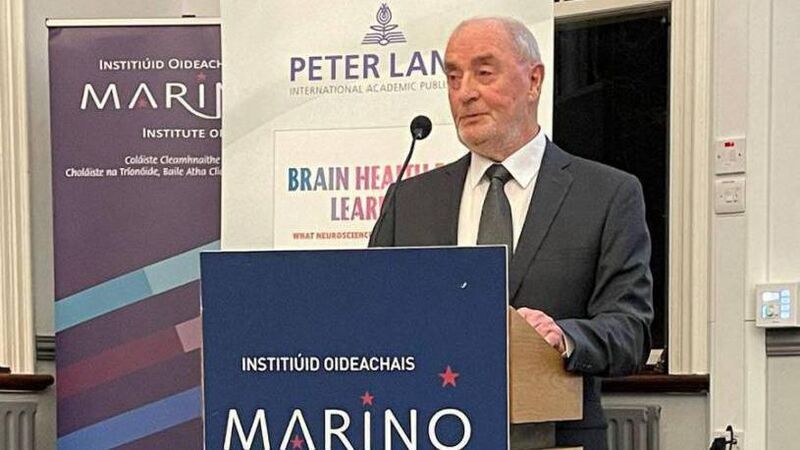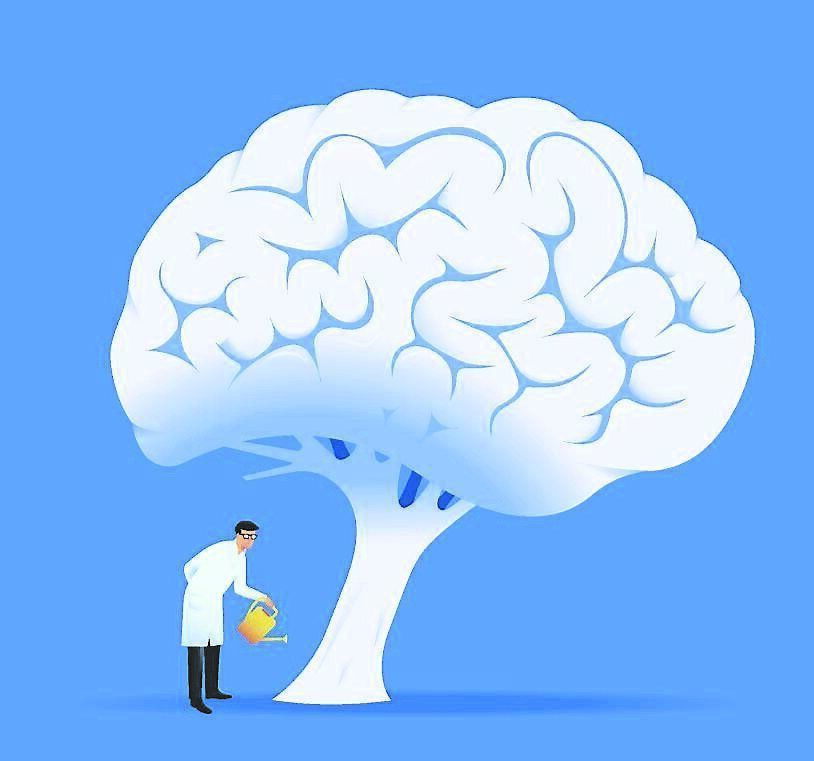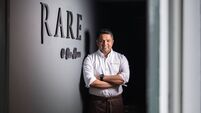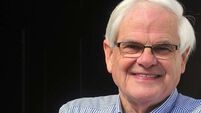Cork expert: Nine ways to boost your brain health

Not long ago, it was thought that the brain grew in childhood, and once it reached maturity, it remained stable before deteriorating somewhat with age.
- Learning
- Interpersonal relationships
- Food
- Exercise
- Sleep
- Targets
- Yearning
- Liquids and
- Empathy.

Exercise: Exercise in the form of physical activity increases blood flow to the brain and promotes our mental agility and alertness, as well as preventing the negative effects of chronic stress.
Brain Health For Learning: What Neuroscience Brings To Education, by Dr Denis Staunton, retired UCC lecturer and Assistant Director of Adult & Continuing Education (ACE), and Dr Aimie Brennan, is available to order from Waterstones and on Amazon. It will be launched, as part of the Cork Lifelong Learning Festival 2025, by Dr Séamus Ó Tuama, Director of Adult Continuing Education, UCC, on Monday, April 7 at 4pm in The Student Hub UCC.







 App?
App?


